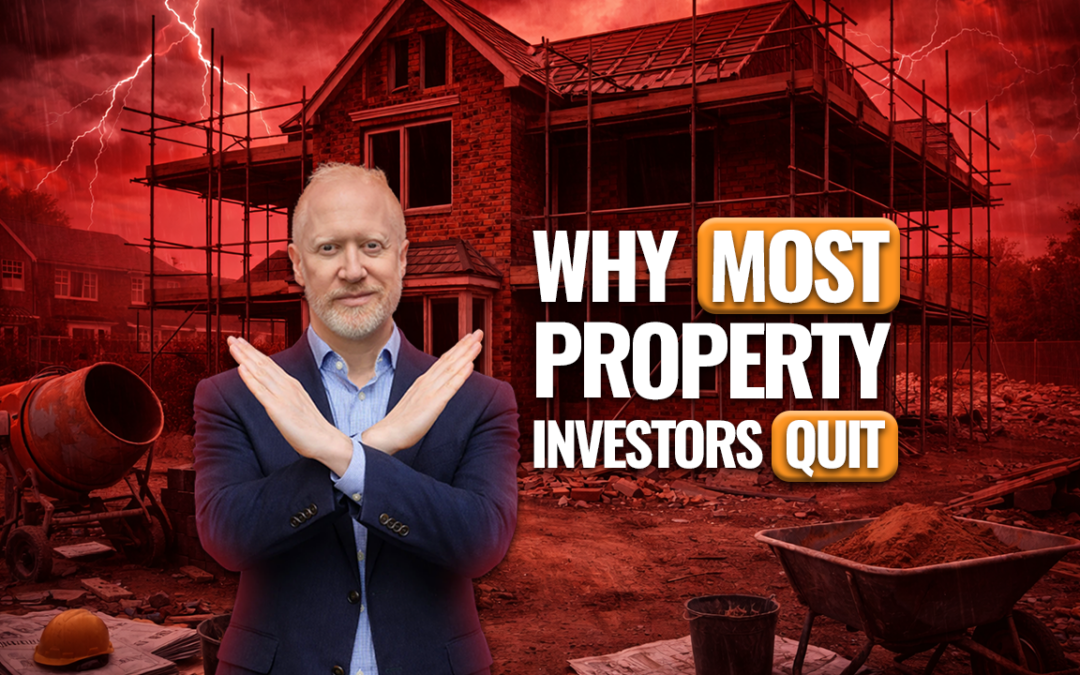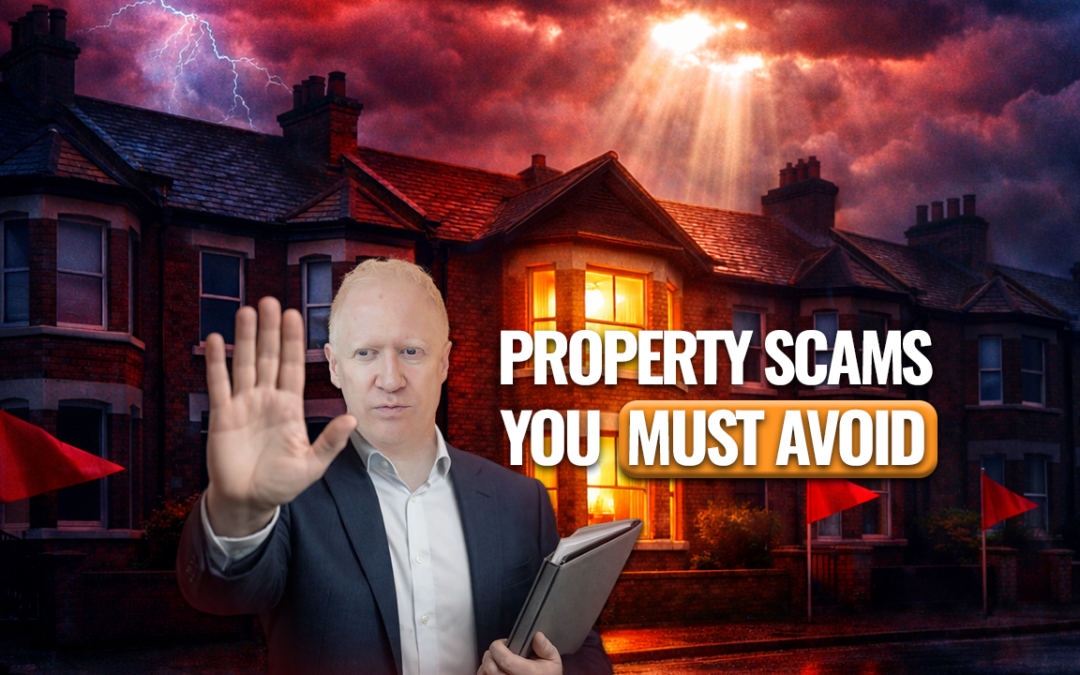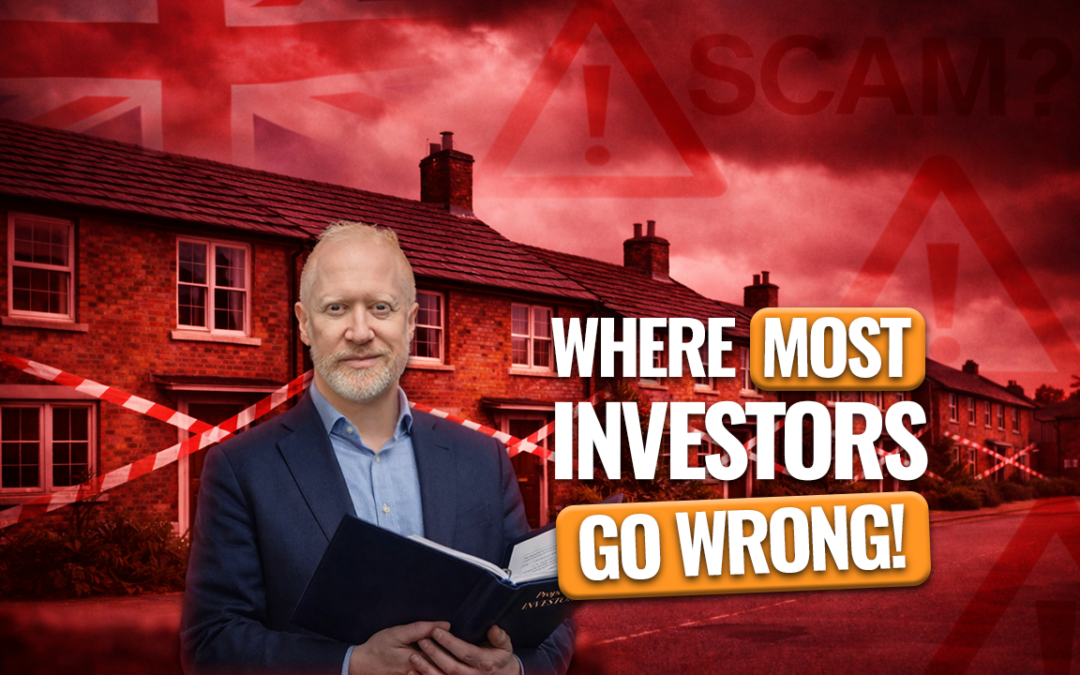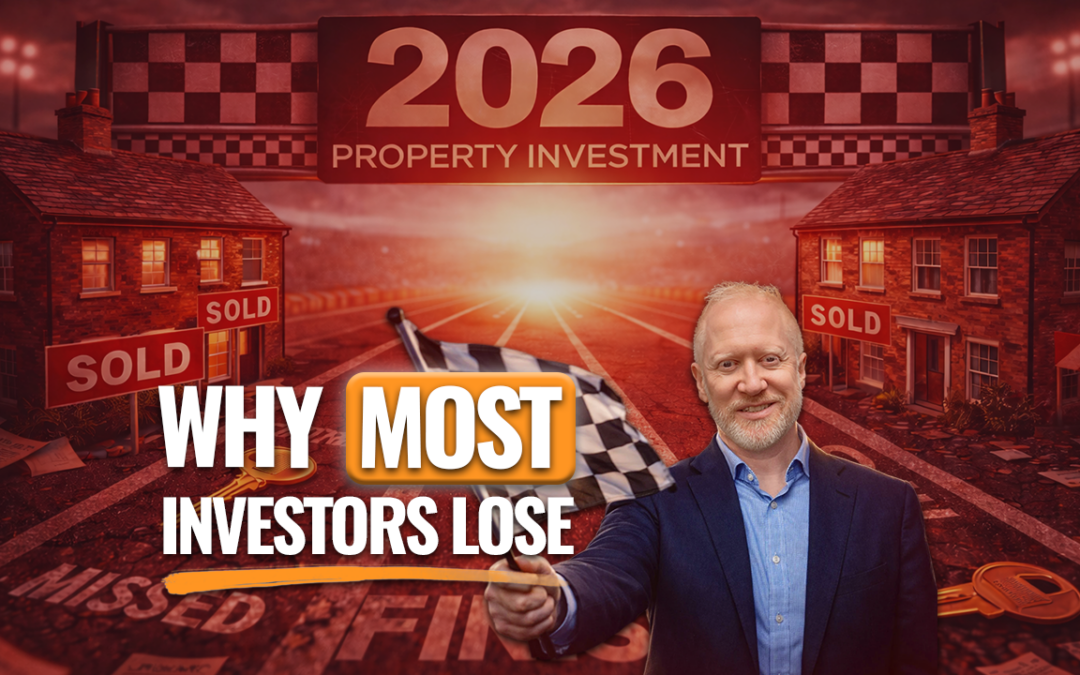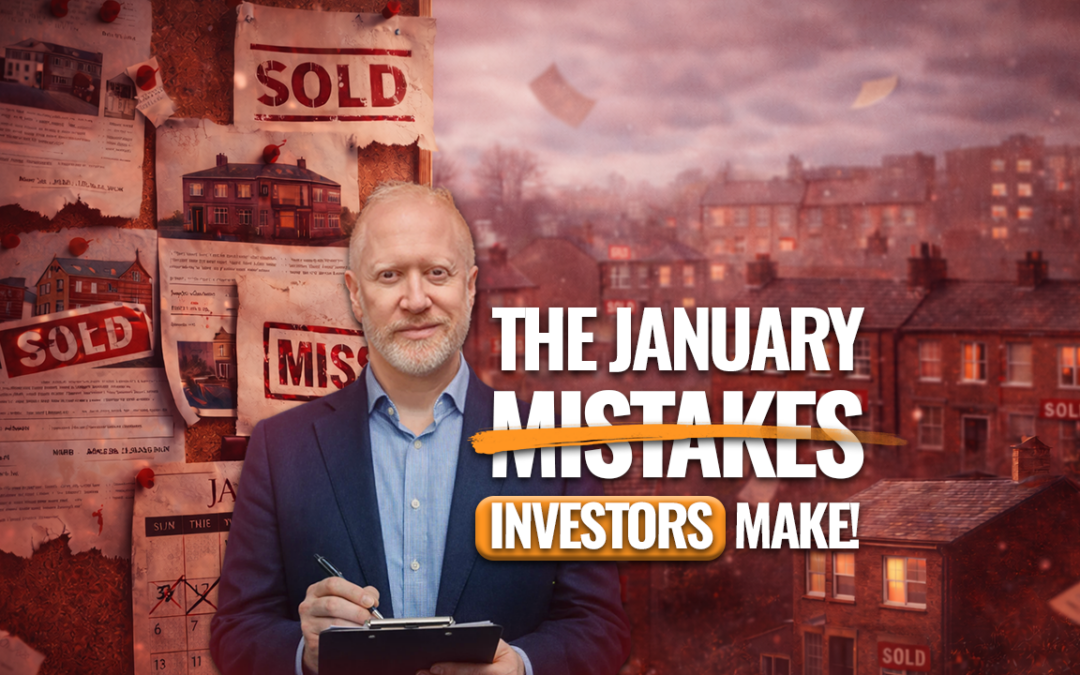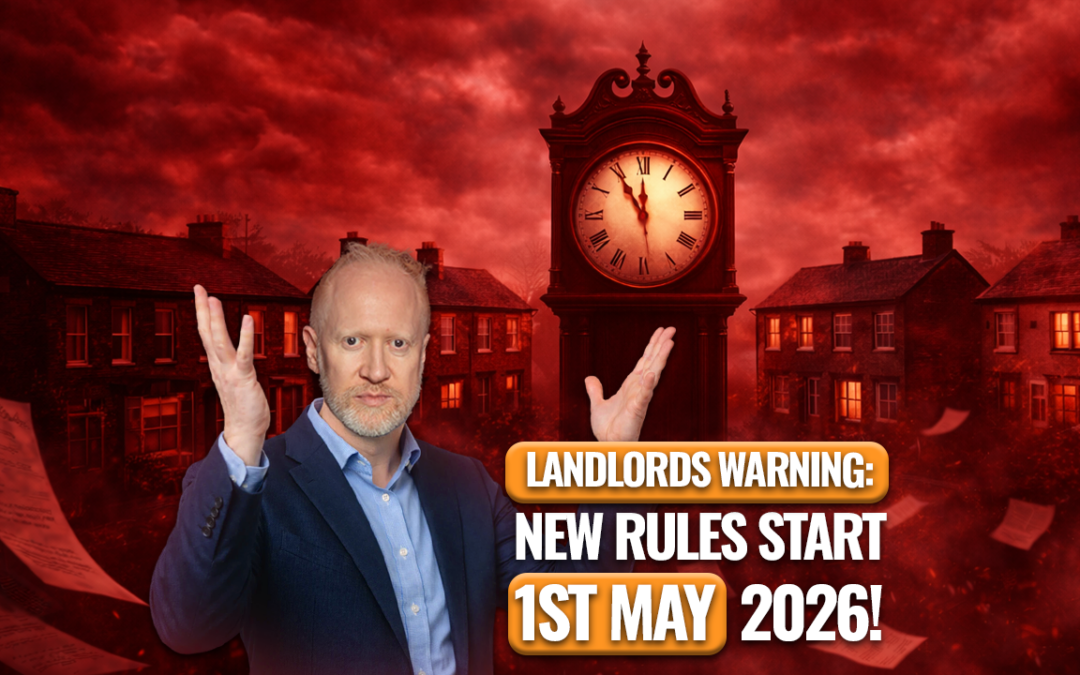In this article I want to bust the five main HMO myths. That’s properties also known as Houses of Multiple Occupation. I’ve been a student HMO landlord since 1998. I meet a lot of investors who want to get into HMOs because they want the best strategies to quickly replace their income.
However, a lot of people are put off by some of the HMO property myths. Most of these myths that are just not correct, or maybe they’re partly correct. So that’s why in this article I want to cover the 5 big myths about HMO properties.
HMO Myth No.1
HMO property myth No.1, is that there is an oversupply of HMO’s everywhere, and so you shouldn’t do HMO’s. Well, let’s be honest; there are lots of HMOs. So in most areas there might be a little bit of an oversupply. But if you look at the stock that’s available, by going onto spareroom.co.uk, you’ll see that most of the accommodation available is very average. They are very plain HMOs. I believe that if you have good HMOs, then you should always be able to find tenants to fill them.
So yes, if you’re trying to do a very average, ‘bog- standard’ House of Multiple Occupancy, there is an oversupply. If you’re doing the higher end, better quality, people will always want those. They will then be prepared to pay more money to live in a better quality property.
HMO Myth No.2
HMO Property Myth No.2,is that HMOs are a lot more work than Single Let properties. I would agree. One HMO is more work than one Single Buy to Let property. But if you look at the income you can create from a good HMO, it’s equivalent to four or five single let properties.
So to make a fair comparison, you should look at the amount of work involved with one HMO. This is in comparison to four or five Single Lets. I would say a HMO is not actually that much work.
When you know what you’re doing, and you have great systems in place, it needn’t take much time to have your HMOs up and running.
“But if you look at the income you can create from a good HMO, it’s equivalent to about four or five single let properties.”
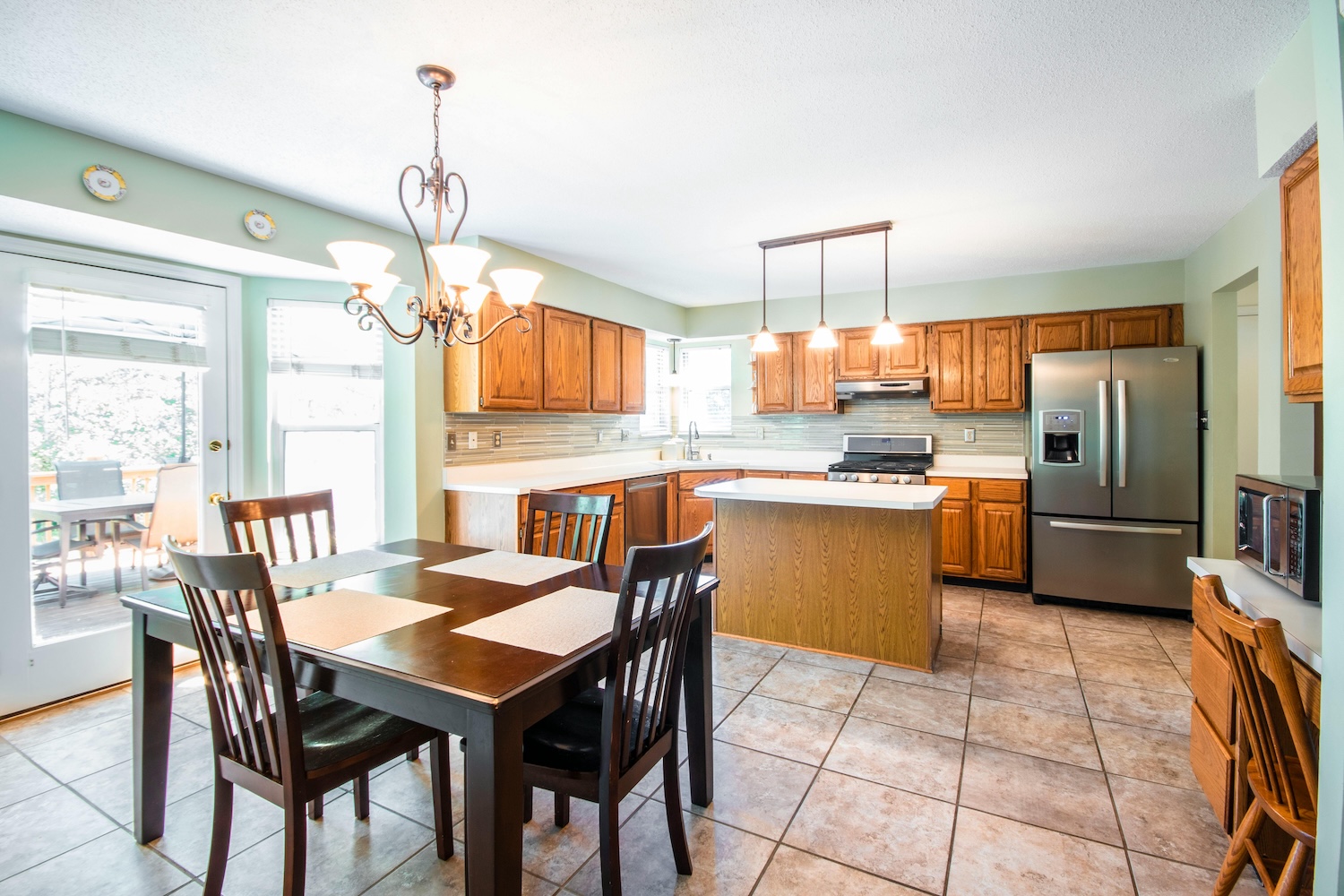
HMO Myth No.3
HMO Property Myth No.3, is that every HMO needs to have a HMO licence. That’s simply not correct. Technically an HMO property, is a property that has three or more unrelated people living in it. However, not all HMOs need licensing. The government guidelines from October 2018 make this clear. If you have a property with five or more tenants then you need to have an HMO licence.
Some local councils interpret it in a different way, they say three or more tenants and you need an HMO License. So the key here is to contact your local council, the HMO licencing department. Speak to them and understand what are the requirements in your area. If your HMO property does need a licence, it means you have to fill in an application form. You have to provide a floor plan of the property, to say where the fire doors are, and the smoke alarms, etc. You need to make sure the property is setup correctly with all the safety requirements.
I believe you have a moral and ethical responsibility, as well as a legal responsibility to make sure you’re providing safe accommodation. This is for all of your tenants.
“So if you have a larger HMO with seven or more tenants, it’s no longer seen as a residential property, and in fact it’s its own planning clause called, Sui Generis.”
HMO Myth No.4
HMO Property Myth No.4, is that all HMOs need planning permission. Again, this is not correct. So let me explain planning to you, and it’s a little bit complicated. But I’ll try and keep it as simple as possible. So if you have a larger HMO with seven or more tenants, it’s no longer seen as a residential property. In fact it’s its own planning clause called, Sui Generis.
In that case you would need to apply for planning permissions, to get a change of use from a residential into Sui Generis, for seven or more tenants. If you have a smaller HMO, up to six tenants, then in most areas of the country you could do the following. Take a normal house, convert it into an HMO for up to six tenants, and you can use what’s called permitted development. This means you do not need to get planning permission, unless it’s in an Article 4 area.
Article 4 has come into some parts of the country, it is coming into some parts, and in some parts it will never come in. The local councils who’ve applied Article 4, don’t want any more HMO properties in the area and so with Article 4 they have withdrawn the permitted development right. Therefore, in and Article 4 area, if you want to take a normal house and convert it into an HMO for up to six people, you actually now need to get planning permission.If you apply for planning permission in an Article 4 area, it will be automatically refused.

However, if your property meets all the criteria, then you might be granted planning permission if you go to appeal. The other thing is, in an Article 4 area, you can actually buy an existing HMO. You could then apply for a Certificate of Lawfulness. This is if it has been used continously during that time as a HMO. After this, you don’t need to get planning permission.
“That end of the street you could absolutely do HMOs, and it might be a perfect location. So always look at the streets on the boundary, of the Article 4 area.”
In summary if you are investing in an Article 4 Area, the key here, is to speak to the local council. But this time you want to speak to the the planning department. You want to find out when Article 4 came in, so you know how long you have to make sure you got the correct records for.
If Article 4 isn’t in place, find out, are there plans for it to be coming in? If so, when is that the case? In which case, if you’re taking a house and turning it into an HMO, you need to make sure it’s finished and tenanted before Article 4 starts in that area.
Another tip for you here; if you look at the boundary on which Article 4 lies, there might be a street which might be perfect for HMOs. Half of the street is within the Article 4 boundary, and the other end of the street is not Article 4. That end of the street you could absolutely do HMOs, and it might be a perfect location. So always look at the streets on the boundary, of the Article 4 area.
HMO Myth No.5
The final and fifth, HMO Property Myth is that you need to have lots of money to do HMOs. Well I would agree, if you’re buying HMOs, especially if doing conversions, there is money required to do that. This doesn’t mean that it has to be your money. It could be money you’ve borrowed from someone, it could be purchased as a Joint Venture. This where you find the properties and do the work, and someone else puts in all the money.
There are a couple of other strategies where you don’t have to put in a lot of money. For example, Rent to Rent, where you take on someone’s property, maybe they’re struggling to manage it themselves, and you give them a guaranteed rent. You rent it out for more money, such as an HMO. You make the margin, the difference between of what you pay the landlord, and what you charge the tenants. It’s a great strategy, especially if you’re starting out.
The other thing is a Purchase Lease Option (PLO). This is similar to Rent to Rent, in that you pay a guaranteed rent to the landlord each month, you rent the property out, you make a margin, but with a PLO, you also have the right to buy the property in the future, at a price you fix today. Now that’s really powerful because you can get potential equity growth, as well as great cashflow from that property.
So those are the five most common myths about HMO property. I do hope I’ve busted some of them, becasue if you know what you’re doing, you can make a huge amount of money from HMOs. I’m not saying it’s easy, there’s definitely work involved, but the time and effort you put in will be very well rewarded.A good six bed HMO could make you a thousand pounds profit a month, therefore you probably don’t need that many HMOs to completely replace your income, and allow you to have the time and freedom, to do what you want to do.
I hope this article has been interesting for you and you now know the myths about HMO’s in the UK, share it to your friends and family who might find it useful.

